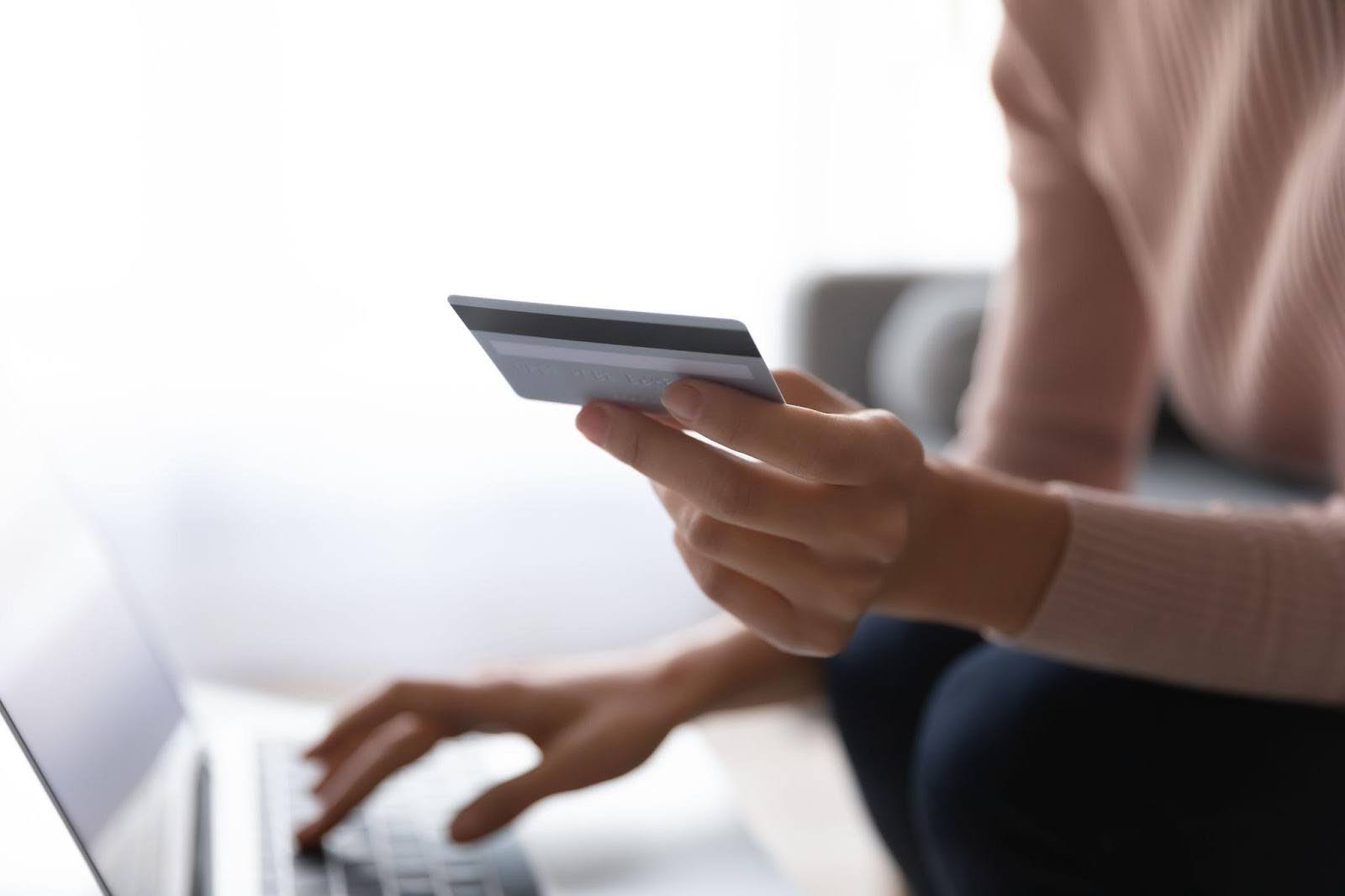Every person has a particular address associated with their bank account that establishes legitimate use of financial transactions. This is basically the billing address that they provide to the bank when opening their accounts. Whenever payment goes through a credit or debit card, it helps in identifying them as the authorized user of the card.
The billing address and shipping address are two different components of financial transactions. While the billing address is linked to your bank account, a shipping address is any location where you will have the product/service delivered. It can or cannot be the same as the billing address.
This article will help you understand what a billing address is, how it works, and what methods you can use to cross-check billing addresses to keep your financial transactions secure.
How Does a Billing Address Help in Financial Transactions?
Let’s say you buy something using your bank’s payment method, like a credit card. You’ll need to give your billing address, which is then checked against the address on file for that card. If they match, it shows that you’re the card owner and confirms that the transaction is legit.
Companies use your billing address to issue invoices for purchases because it’s the location responsible for payment matters. When you move, you need to update your billing address to avoid any issues with your financial transactions.
If the addresses do not match at all, the transaction will be declined. In some cases, the system flags the transaction for manual review, which can delay processing. This may also raise concerns about potential fraud, leading to account freezes and other legal actions.
Methods to Verify a Buyer’s Billing Address
While you can always manually contact the person whose billing address you want for confirmation, the process can be a bit exhaustive and they may not always be willing to share it with you.
In this section, we will walk you through three of the most effective methods for finding someone’s billing address.
Address Verification System (AVS)
AVS is a service provided by financial institutions that verifies the billing address you provide during a transaction.
By using their AVS service, you can send your billing address to the card-issuing bank. The bank then compares it with the address on file and sends back a response code with three possible results: exact match, partial match, or no match. This system is efficient because you receive real-time feedback directly from the source.
Payment Gateway Records
To verify someone’s billing address, you can look into payment gateway records. Payment gateways act as intermediaries that transfer money from a customer’s account to the merchant’s account. If your business uses a payment gateway, this method is for you.
When someone makes a purchase, the billing address they provide is sent to the payment gateway. As a merchant, you can access this data to compare the provided address with the one on file at the buyer’s bank. You can also cross-check it with transaction history using filters like date, amount, or customer name.
Reverse Address Lookup
Last but not least, a reverse lookup can be a quick (and free!) way to retrieve billing address information. Just type in an address and add any extra details the site asks for, like their phone number or email. The tool will search public databases for matches. Check the results to make sure you have the right person, and then you should be able to find their billing address.
Strengthen Your Financial Proceedings With a Billing Address
After reading this article, you should understand that a billing address is more than just a street address. It’s a key element in adding an extra layer of security to prevent fraud or theft during online transactions. It also helps make sure that invoices and statements are sent to the correct location, even in traditional transactions.
Also, with so many reliable methods to cross-check billing addresses, it’s worth doing to avoid any issues. If these extra steps make your transactions more secure, go for it!

